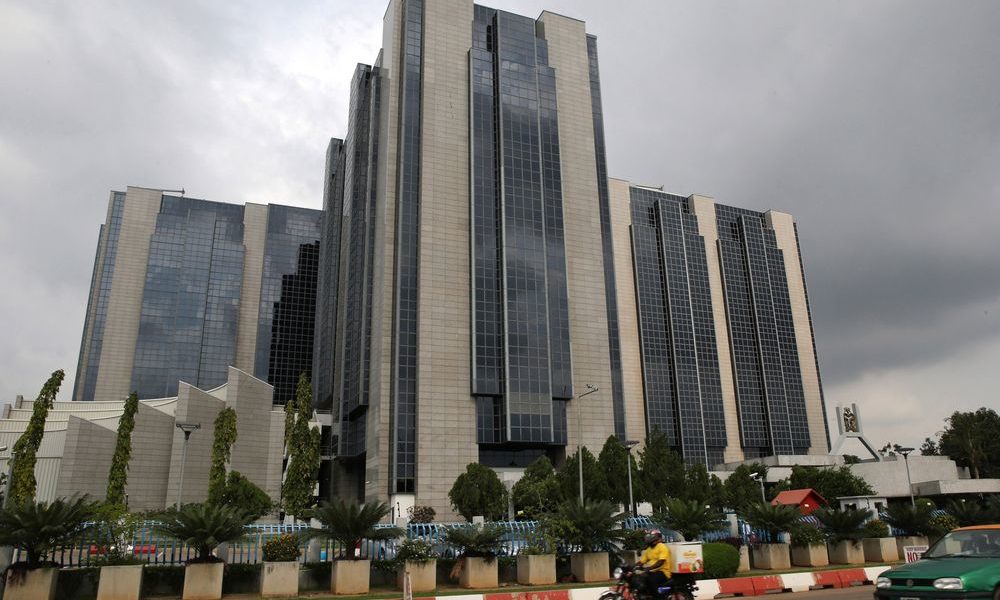Banking Sector
Inflation Pressures Force African Central Banks to Navigate Choppy Economic Waters

African central banks are gearing up for a series of decisions in the next three weeks, with most of them leaning towards maintaining their current interest rates while keeping the option of rate hikes open.
These decisions come as these countries face currency risks due to rising borrowing costs in advanced economies and domestic challenges.
South Africa, Egypt, Morocco, and Ghana are expected to keep their rates stable, while Nigeria, Angola, and Kenya are likely to address currency weakness by raising borrowing costs. Mozambique’s decision is uncertain, with analysts split between a rate cut and maintaining the status quo.
The devaluation of currencies like the Angolan kwanza and the Nigerian naira by approximately 40% in the current year, along with other currency depreciations, has increased inflationary pressures. Central banks aiming to curb inflation may opt for policy rate hikes, as noted by Africa economist Yvonne Mhango.
In Angola, where the inflation rate climbed to 13.5% in August, Banco Nacional de Angola is expected to raise interest rates to combat inflation and stabilize the currency.
The Bank of Mauritius is likely to maintain its key rate, relying on base effects to control inflation rather than resorting to rate hikes. Seychelles is set to keep its record-low rates despite battling deflation, as a rate cut carries risks to financial stability.
In South Africa, the Reserve Bank is expected to keep rates unchanged after multiple rate hikes since November 2021, with a focus on assessing the economic impact of previous tightening measures.
Egypt, which surprised with a 100 basis point interest rate hike in August, is expected to pause its monetary tightening as monthly trends hint at a slowdown in inflationary pressures, according to Mohamed Abu Basha, head of macroeconomic research at EFG Hermes. Tobacco and volatile food items have been the primary drivers of inflation in Egypt.